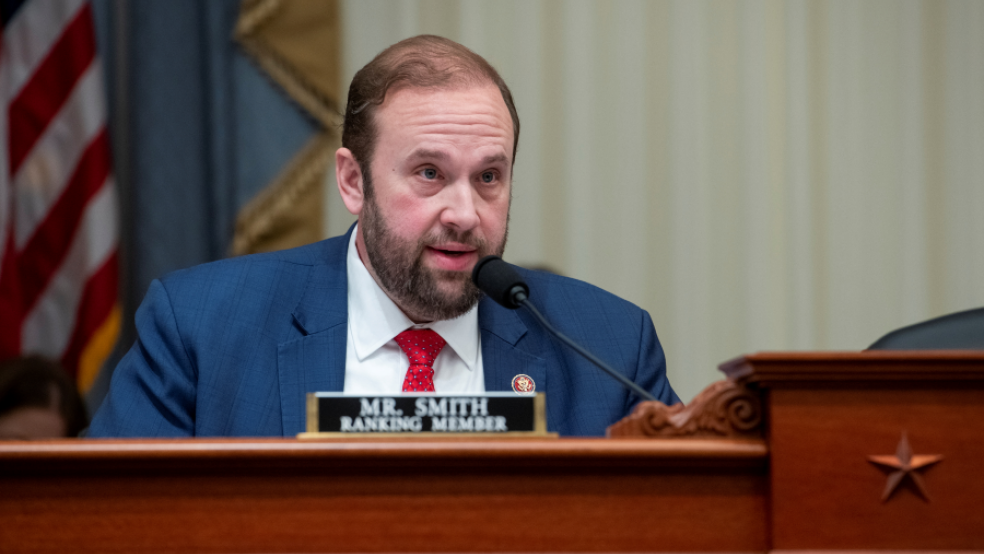The House Ways and Means Committee voted 40-3 on Friday to advance a bipartisan, $78 billion plan to expand the child tax credit and restore a trio of expired or expiring business tax breaks.
The overwhelming support indicates that the bill has momentum behind it as it heads to the House floor for a vote expected to come after lawmakers return from a one-week recess.
“Today’s strong bipartisan vote in the Ways and Means Committee shows there is a path forward for Republicans and Democrats to come together and deliver tax relief for workers, families, farmers, and small businesses,” Ways and Means Chairman Jason Smith, a Republican from Missouri, said in a statement. “The Tax Relief for American Families and Workers Act will help America compete and win against countries like China, encourage small businesses to grow and invest in American jobs and opportunity, and save taxpayer dollars by ending a Covid-era policy that has become the poster child for fraud.”
The Covid-era policy Smith was referring to is the Employee Retention Tax Credit (ERTC). The accelerated deadline for claiming the credit, which would move from April 2025 to the end of this month, and the tougher enforcement required by the new bill would save nearly $79 billion over the next five years, according to an analysis by Congress’ Joint Committee on Taxation.
The bill’s easy passage out of committee doesn’t guarantee it will sail through the full House and Senate. “Some Democrats have complained that the package is too tilted toward business and that the child tax credit expansion is insufficient, meaning the party may be split on the floor,” Sahil Kapur and Scott Wong of NBC News note, adding that the three committee votes against the bill came from Democratic Reps. Lloyd Doggett of Texas, Gwen Moore of Wisconsin and Linda Sánchez of California.
Doggett complained about the balance struck in the compromise bill and about the potential long-term costs of the tax breaks if they are made permanent. “Doing it incrementally, while you intend for it to be permanent, ensures you never really show the true cost to the debt for unpaid tax breaks,” he said. “And it assures that you create the misimpression that children are being treated the same way as corporations, when in fact, under the Chairman’s numbers, children get $1 for every $4 for corporations. This is not a 50/50 split between children and corporate power. Once again, this Committee makes its priority clear, and it’s certainly not children.”
The Committee for a Responsible Federal Budget says that while the short-term costs of the bill are offset, the long-term costs could climb to about $650 billion over a decade “if arbitrary sunsets are abandoned and the policies are made permanent without further offsets.”
On the GOP side, Sen. Mike Crapo of Idaho, the top Republican on the Finance Committee, has already said he wants changes to the legislation. And some conservatives may still raise issues with the compromise. While the U.S. Chamber of Commerce strongly supports the bill and its restoration of the deduction for research and development expenses, 100% bonus depreciation and eased limitations on deducting business interest expenses, The Wall Street Journal’s right-leaning editorial board slammed the bill this week, claiming that it “contains bad tax and social policy” and that it “undermines the incentive to work.”
Rep. Richie Neal of Massachusetts, the top Ways and Means Democrat, told NBC News that the bill might still be changed to give Democrats “a more enhanced and robust child credit” and “to satisfy some qualms of Republicans in the Senate.”
The bottom line: We’ll have plenty more on the bill in the coming weeks, but Friday’s vote suggests the package could get through the House by the end of the month as lawmakers try to pass it in time for the tax filing season that starts January 29.





